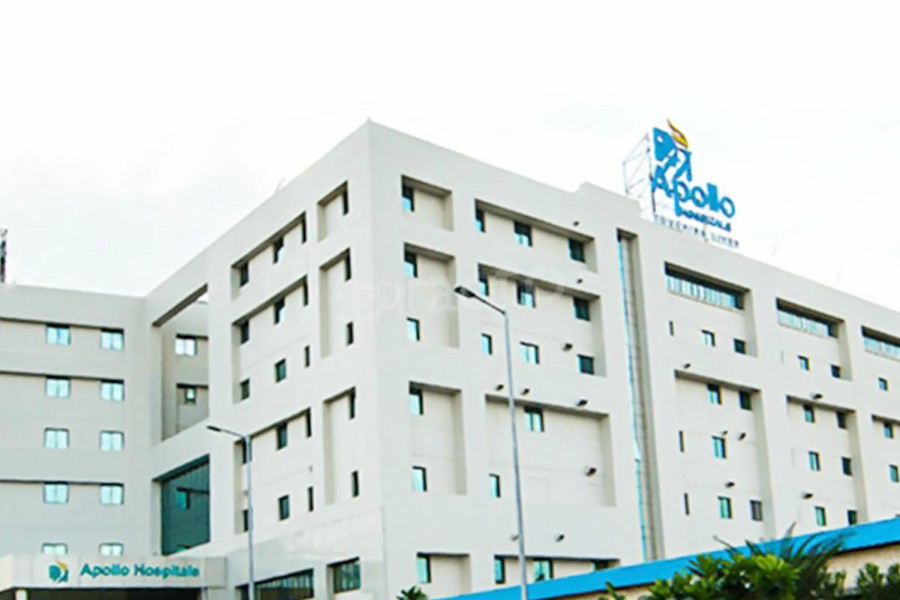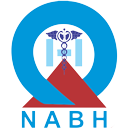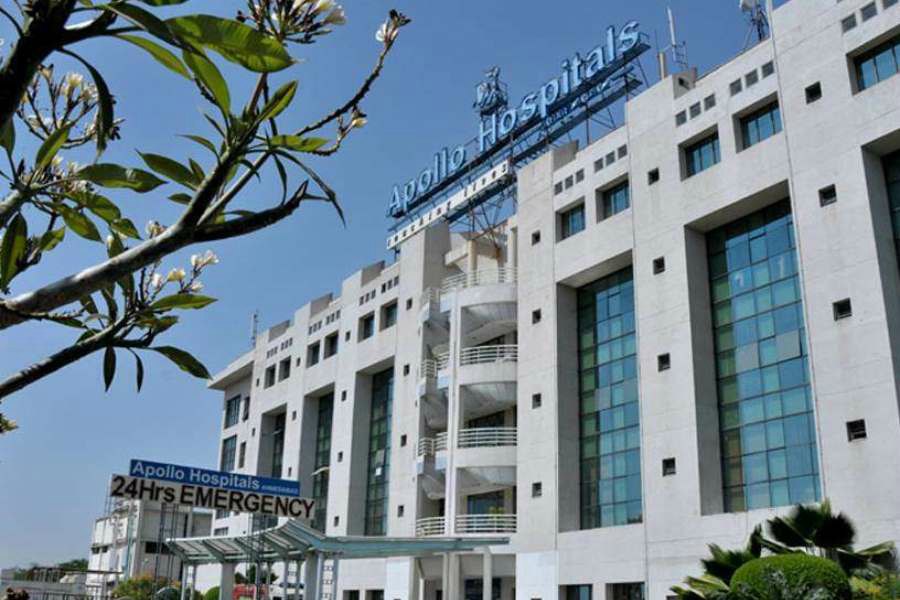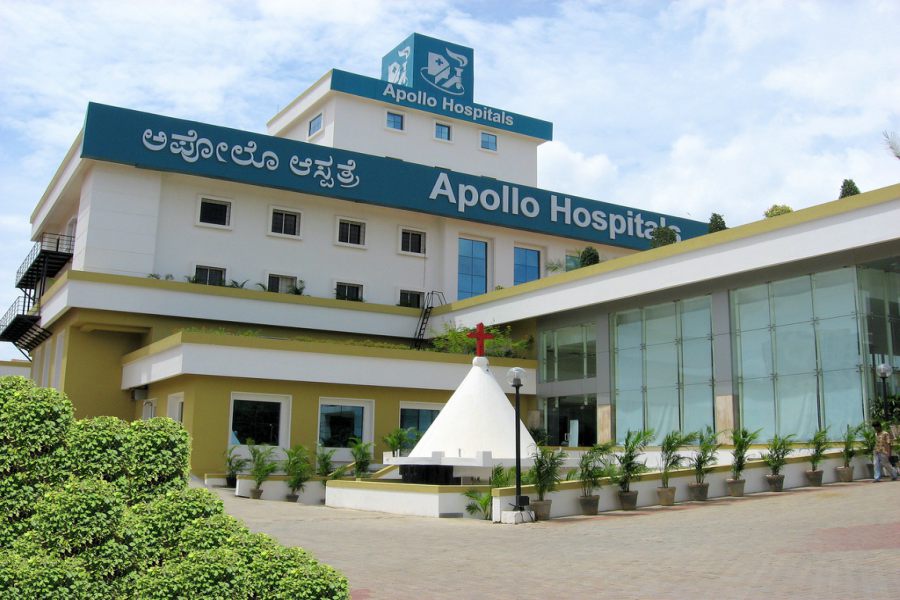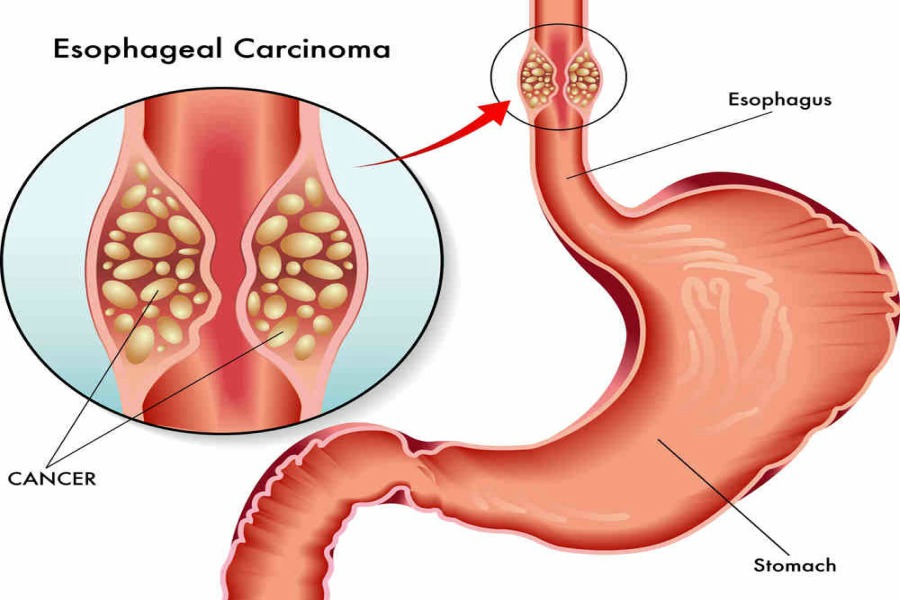
Overview
Esophageal cancer arises when the cells in the lining of the esophagus (a hollow, long tube that carries food from the mouth to stomach) divide and multiply uncontrollably. It can develop at any part along the esophagus. Men are more prone to esophageal cancer compared to women.
Types of esophageal cancer:
Based on the type of cells involved, esophageal cancer is of following types:
- Adenocarcinoma: This type of cancer develops in the cells of mucous-secreting glands of the esophagus. It occurs mostly in the lower part of the esophagus.
- Squamous cell carcinoma: It begins in the flat and thin cells that line the inner surface of the esophagus. It develops in the upper and lower portions of the esophagus.
- Other rare types: Some rare cancers can develop in the esophagus such as lymphoma, melanoma, sarcoma, small cell carcinoma, and choriocarcinoma.
Causes
The cause of esophageal cancer is not clear. It occurs due to the mutations in the DNA of the cells of the esophagus. These mutations result in an abnormal and uncontrolled division of the cells. The abnormal cells form a tumor in the esophagus, which may spread to the nearby structures or distant parts of the body.
SYMPTOMS
Early stages of esophageal cancer do not show any symptoms. The common symptoms of esophageal cancer are as follows:
- Trouble swallowing (dysphagia)
- Weight loss
- Chest pain
- Indigestion or heartburn
- Cough or hoarseness
DIAGNOSIS
Initially, the medical history of the patient will be taken. It includes information regarding the signs or symptoms, risk factors, and underlying health conditions. A physical examination will be performed to look for the signs of esophageal cancer.
If any abnormality is detected, the following tests are performed to diagnose esophageal cancer:
- Blood tests: Complete blood count is done to measure the number of different types of cells (red blood cells, white blood cells, and platelets). This test is performed to determine the overall health of individuals.
- Endoscopy: In this test, a flexible tube with a camerais passed down the throat into the esophagus. This test helps to examine the esophagus and look for cancer or areas of irritation in the esophagus.
- Barium swallow test: This test involves the ingestion of barium to coat the lining of the esophagus. After ingestion, the individual is exposed to x-rays. The barium clearly outlines the esophagus and detects the abnormalities (cancer) in the esophagus.
- Biopsy: Asmall sample is collected from the suspected area (esophagus) using an endoscope and is sent to the laboratory for examination. This test determines the presence of abnormal or cancer cells.
- After confirming the diagnosis of esophageal cancer, the following series of tests are done to determine the spread of cancer. These tests include:
- Endoscopic ultrasound: This test uses sound waves to detect tumors in the esophagus. It helps to determine the size of tumor and areas of cancer spread.
- Imaging tests: Imaging tests (computed tomography (CT), magnetic resonance imaging (MRI) and positron emission tomography (PET)) uses x-rays or radioactive substances to provide cross-sectional images of the organs. They help to determine if cancer has spread to the lymph nodesand nearby or distant organs.
- Bronchoscopy: This procedure involves the examination of airways (lungs) and air passages. This test helps to identify if cancer has spread to trachea or bronchi.
Staging:
Stages of esophageal cancer are:
- Stage 0: The tumor grows in the inner lining of the esophagus.
- Stage 1: Cancer spreads to the middle layers (muscle and submucosal layers) of the esophagus.
- Stage 2: Cancer spreads to the outer layers (thick muscle and connective tissue layers) of the esophagus.
- Stage 3: Cancer spreads to 1 or 6 lymph nodes that are near the tumor.
- Stage 4: Cancer reaches to diaphragm, aorta, spine, and organs such as liver, lung OR spreads to more than seven lymph nodes near the tumor.
Early stage of cancer may show no symptoms, but as the cancer advance, it may show symptoms like dysphagia, cough or hoarseness, weight loss, indigestion or heartburn.
RISK FACTORS
The risk factors for esophageal cancer are:
- Age: With an increase in age, the risk of developing esophageal cancer also increases.
- Gastroesophageal reflux disease (GERD): GERD is a condition in which the acid in the stomach escapes to the lower part of the esophagus. It results in symptoms such as heartburn or chest pain. Individuals with GERD are likely to develop esophageal cancer.
- Barrett's esophagus: In this condition, the lining of the esophagus is replaced by tissue similar to the tissue that lines the stomach and intestine. People with Barrett's esophagus are at high risk of developing esophageal cancer.
- Tobacco and alcohol: Use of tobacco or tobacco products such as cigarettes, cigars, pipes, as well asalcohol consumption, increases the risk of esophageal cancer. Individuals who have a habit of both drinking alcohol and smoking are at more risk of developing esophageal cancer than those using either alone.
- Obesity: Overweight or obesity is linked to esophageal cancer.
- Chemical exposure: Exposure to chemical fumes or specific chemicals like lye, increases the risk of esophageal cancer.
- Other conditions: Individuals with inherited diseases (tylosis) and rare syndromes (Plummer-Vinson syndrome) are at a high risk of esophageal cancer.
- History of cancers: People who have had cancers of lung, mouth, and throat are likely to develop esophageal cancer.
POST-OPERATIVE CARE
The following measures are to be taken after surgery:
- Do not lift or carry heavy objects
- Stay physically active as much as possible
- Practice breathing exercises
- Take the medications as prescribed by the physician
- Do not wash the wound area but change the dressings everyday
Post-surgical complications:
Complications of surgery are as follows:
- Bleeding
- Formation of blood clots
- Infections
- Pneumonia
- Voice changes
-
TREATMENT
The treatment for esophageal cancer depends on the type of cells involved, stage of the cancer and overall health of the individuals. The treatment options include:
Surgery: It can be preferred alone or in combination with other treatments. If the tumor is tiny and confined to the esophagus, it can be removed by surgery. Different surgical procedures used are:
- Esophagectomy: This procedure involves the removal of a part of esophagus that has tumor as well as some sectionofthe upper part of the stomach and surroundinglymphnodes. The persistingesophagus is connected to the left portion of the stomach. It depends on the location and the stage of the tumor in the esophagus.
- Esophago-gastrectomy: In this procedure, a part of the esophagus, adjacent lymph nodes, and a major portion of the stomach are removed. The part of the stomach left is pulled up and is reconnected to the esophagus.
Surgeries can be done as open procedures by making small or large incisions in the skin using special surgical tools.
Chemotherapy: It uses drugs to kill cancer. The drugs can be used before or after surgery. In advanced esophageal cancer, it can be used alone to relieve the signs and symptoms of cancer.
Radiation therapy: This therapy uses high energy x-rays to kill the cancer cells. It can be given externally or internally. It is often preferred in combination with chemotherapy in esophageal cancer.
Combined chemotherapy and radiotherapy: The combined use of chemotherapy and radiotherapy may increase the effectiveness of one another. They are best preferred in combination before surgery.
Duration of the treatment
Different surgical procedure may require different time. The external beam radiation therapy may be given for few days to weeks. Whereas, the high dose rate internal radiation therapy is given for few minutes, which needs several treatment cycles. The low dose internal radiation therapy may be given for longer duration (1-2 days) at a time, which needs 1-2 sessions to complete. Chemotherapy is usually given for about 2-4 weeks.
FACTORS AFFECTING COST
The cost of esophageal cancer treatment depends on the following factors:
- Type of hospital
- The stage of cancer
- Type of treatment
- Surgery
- Doctor’s fee
- Hospital stay
- Current medication cost
- Follow-up visits


 Best Hospitals
Best Hospitals
